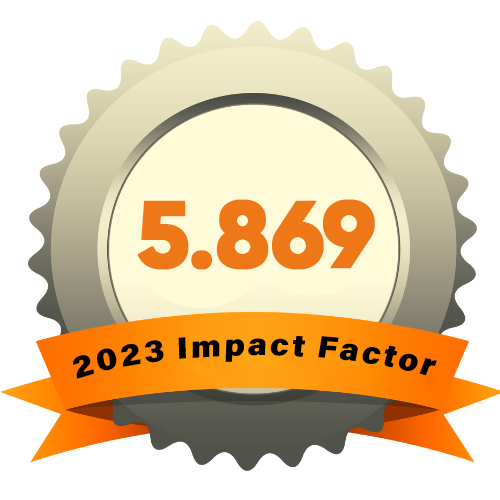COMMUNICATIVE CONDITIONS IN TEACHING ENGLISH
Keywords:
Communicative approach, interaction, target language, authentic texts, oral and verbal skills, Communicative language teaching (CLT)Abstract
In our country, with the honor of independence, special attention is paid to the teaching of foreign languages. Thousands of teachers of the foreign languages have been trained, all conditions have been created for personnel to improve their qualifications in our homeland and abroad, multimedia textbooks in English, German, French, electronic resources for learning English have been prepared, modern educational institutions the establishment of language rooms is a clear proof of this. On the basis of teaching the young generation in foreign languages and improving the training of specialists who can speak these languages freely, the main goal is to create conditions for the youth to use the achievements of world civilization and the information resources of the world, to develop international cooperation and communication.
References
Resolution of the President of the Republic of Uzbekistan dated November 6, 2020 No PR-4884 “On additional measures to further improve the education system”; 87
Resolution of the Cabinet of Ministers of the Republic of Uzbekistan dated May 8, 2013 No 124 “On approval of the state educational standard for foreign languages in the system of continuing education”
Resolution of the Cabinet of Ministers of the Republic of Uzbekistan dated April 6, 2017 No 187 “On approval of state educational standards of general secondary and secondary special education”
Konstantinovsky D. L. Social and Humanitarian Education: Orientations, Practices, Resources for Improvement ./ [Voznesenskaya E.D., DimarskayaO.Y., Cherednichenko G.A..]. —Moscow: SSP, 2006. — 264 p..
Kalinnikova N. G. Lifelong Pedagogical Education as a Paradigm// Knowledge. Understanding. Skill, 2005. — №3. — p. 186–189. [8].
Arnautov V. V., Sergeyev N. K. History and current state of continuing teacher education // Educator. 2001. — № 2. — P. 4–11. [9].
Maslov V.I. Lifelong learning: approaches to the essence / Maslov V.I., Zvolinskaya N.N., Kornilov В.М. // Works of scholars GSOLIFKA: 75 years: Yearbook. — M., 1993. — P.102–117.
Petryaevskaya D. G. G. Continuing Education as a Prerequisite for Overcoming Crises in Teachers' Professional Development: PhD. Candidate of Pedagogical Sciences.. — SPB., 1994. — p.24.












